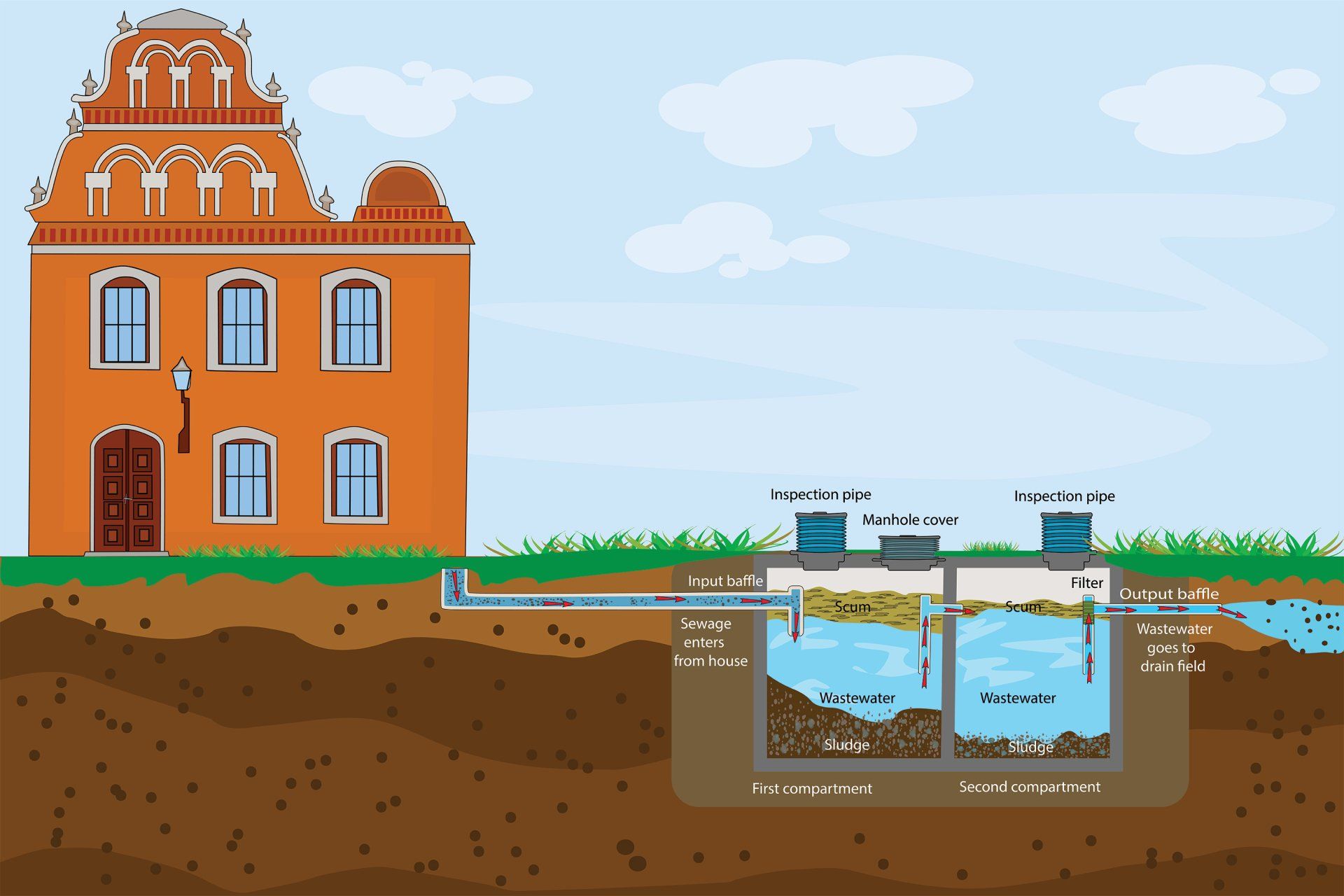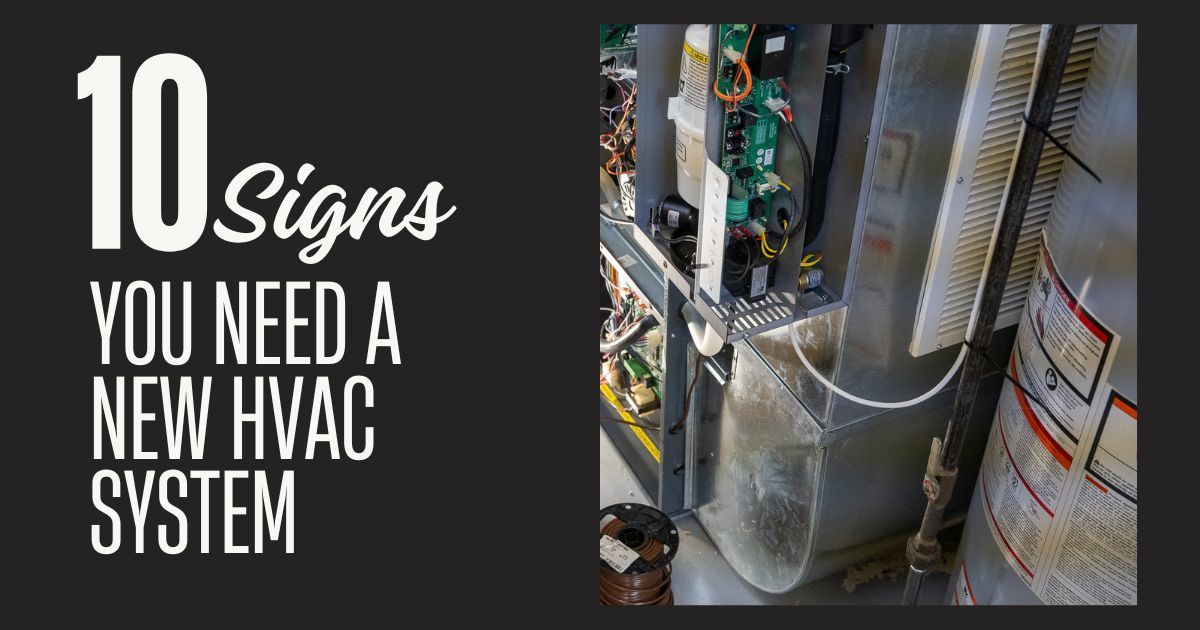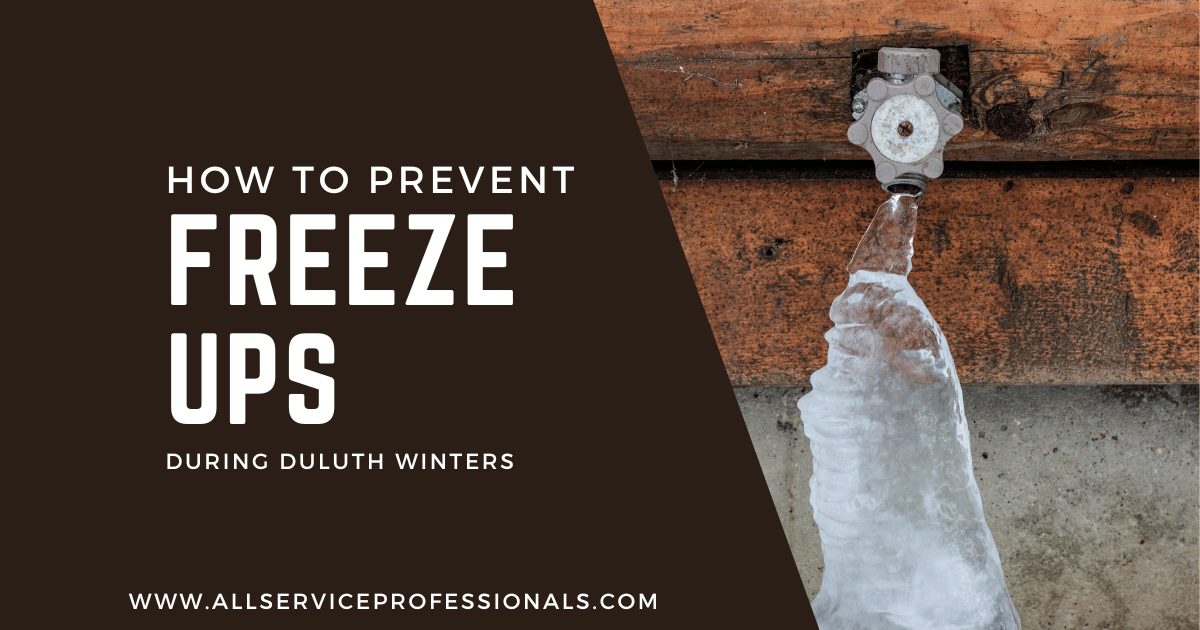ASP's Top Service Tips and Recommendations
Posted on
April 20, 2021
If you’re new to owning a septic system, it’s important to note that they can come with a learning curve. Instead of sending your wastewater to a municipal treatment plant, your tank and drain field will do most of the work on their own. Do you know how to properly take care of your septic tank? If not, this post will help you understand the main differences between a septic system and the city sewer system in Duluth, MN.
How a
Septic
System Works
When you’ve gone your whole life using a city sewer system, Septic Systems are a lot different. Inside your home, the workings are much the same: you can flush toilets and use the sinks as normal. However, instead of traveling through pipes to municipal wastewater treatment plants, a septic system collects all of your wastewater in a tank buried underground.
Once you flush water and/or waste down the pipes, it collects in the tank. The solid waste settles in a sludge layer at the bottom, while wastewater (effluent) collects in the middle. Some materials collect at the top in a scum layer.
When the water and waste separate, the effluent is pushed out of the tank into a series of perforated pipes. The pipes are located in a drain field. As the water flows into the ground, helpful bacteria help “digest” the organic matter, leaving it clean enough to soak into the earth and rejoin the groundwater supply.
Unlike municipal sewer systems and wastewater treatment plants, you have to be especially careful with how you treat your septic system. Not only should you avoid flushing harsh chemicals and cleaners down the pipes (they’ll kill the helpful bacteria), but you also need to be careful what kind of solid waste you flush. Too much food, fat, cooking grease, wipes and other solid products can fill up the tank too quickly. This causes major problems. Your septic tank can overflow, which sends too much waste into the drain field—or worse, back up into your home’s pipes.
Ultimately, you need to take special care of your septic system. Not only must you be careful what goes into your pipes, but you’ll also need to be careful about what goes on around your drain field. You should never drive over the drain field or build structures on top of it. Keep plants away (their roots can choke the pipes), and don’t let your kids play on the drain field. Finally, make sure you pump your septic tank every three to five years.
How to tell if you have a septic system
If you’re not sure whether you have a septic system, you can always ask the previous owner of your property. Other giveaways are if you use well water, if your water line doesn’t have a meter and if your neighbors have septic systems.
Do you need help maintaining your septic system or understanding how your septic system works in Duluth, MN? If so, ASP can help. We offer a full range of plumbing services—call today to set up an appointment.
Share this post
ASP's Top Service Tips and Recommendations.




